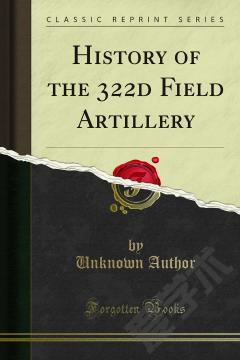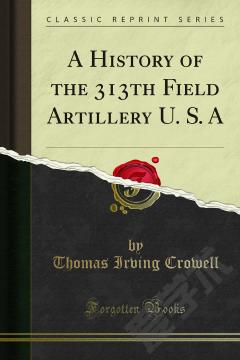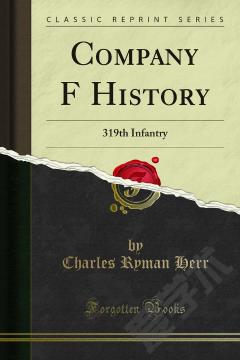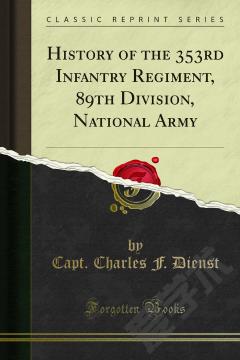A History of the 305th Infantry
It all began on the banks of the Meuse River. No sooner had a colonel of French infantry approached one of our junior officers on November 12th, saying, Tell your commanding officer that he can pull his regiment out any time he wants to, than a couple of the Old Timers found themselves of the opinion that an account should be written of our experiences. As a result, about the first of January, Colonel Sheldon decreed that one officer, to be designated as Historian, should not be compelled to spend all his time driving imaginary machine gun nests out of the wooded hills bordering upon Chaumont.The work of writing A History of the Three Hundred and Fifth Infantry thus commenced, gaining headway by almost imperceptible degrees, for the Historian was rendered practically hors de combat by the consciousness of his small degree of new-found, unprecedented freedom, incapable of sane, consecutive effort. Nevertheless, three photographic teams were sent back over all the fighting ground, obtaining almost a thousand pictures from which two hundred have been selected for publication, and many men of the Regiment were persuaded to write of their adventures. Be it said that some made startling disclosures to which propriety and practice deny the light of print. Much of it is, however, in the oft-times inelegant but graphic language of the American Doughboy, rough of speech but ever kind of heart and keen. If one or another company is quoted too frequently in the story it is simply because that scribe, squatting upon the floor of his billet, bending low in the flickering candle-light over a piece of Y. M. C. A. paper and a stubby pencil, succeeded better than his fellows in expressing the American soldier as he is. His observations and experiences are but typical of all the others. The thought arises at this point that too much space may have been devoted to the riflemen - that not enough has been said of the services of supply, of the runners, of the signal men and linemen, braving unspeakable dangers to perfect and maintain the nerves of the Regiment. Of the Auxiliary - we cannot say enough.It was early a question, in the minds of those displaying the greatest determination that there be a permanent regimental record, whether this book should be so prepared as only to thrill posterity with a recital of glorious deeds, or so constructed as to reveal the man in the ranks as he really is. Should it be an idealistic or realistic representation? Should it assume the guise of a glorified Operations Report, setting everything down in painstaking chronological order? Should it be a series of Company Histories, or Battalion Histories or one big Regimental Story?A story it is, rather than a history. We do not go over the top in every chapter, waving the Flag and shouting, Forward! as the posters depict.
{{comment.content}}








 京公网安备 11010802027623号
京公网安备 11010802027623号